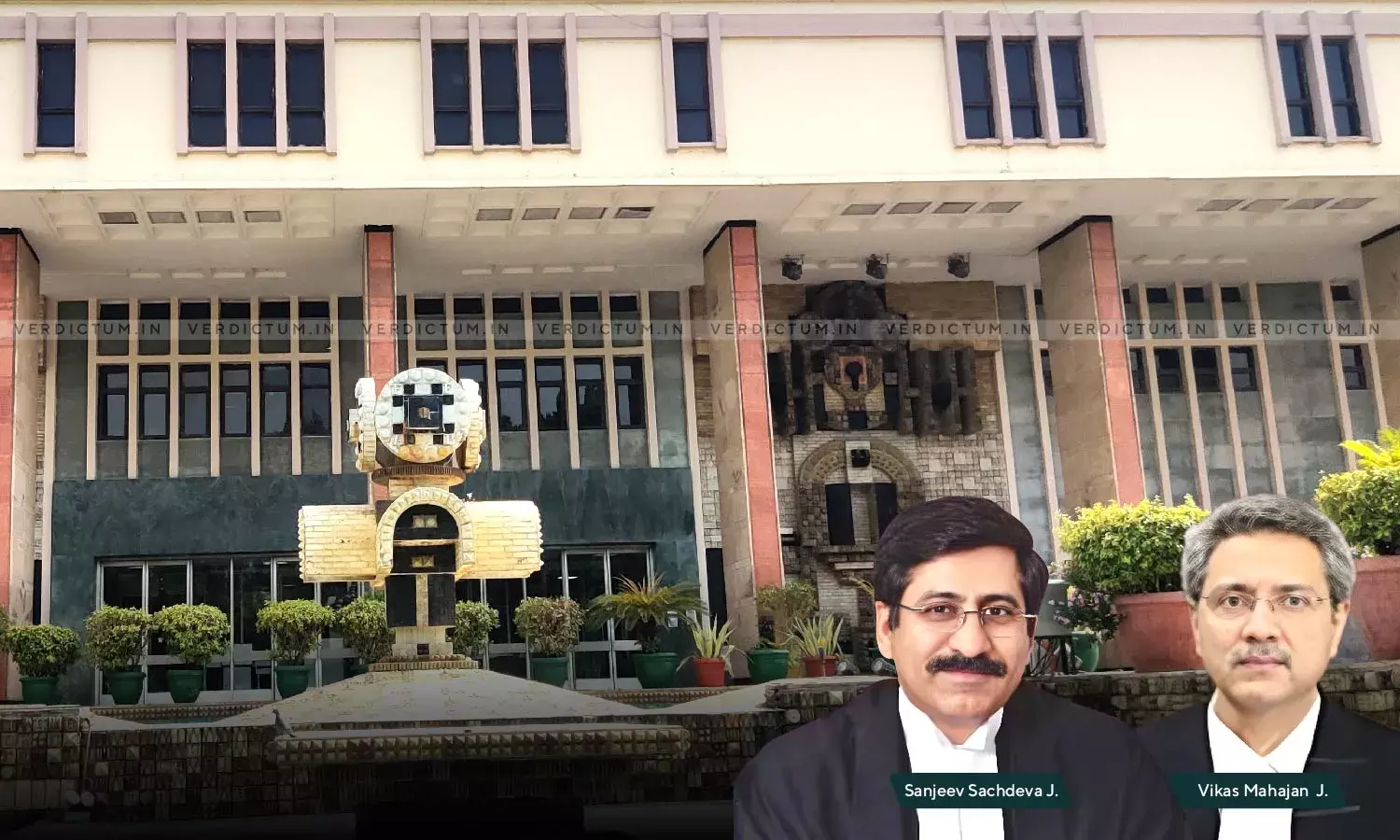No Right In Any Employee Of State To Claim That Rules Governing Conditions Of His Service Shall Be Same Forever: Delhi HC
Stating that it is within the competency of the State to change the rules relating to service and alter or amend and vary by addition/subtraction the qualifications, eligibility criteria, and other conditions of service including avenues of promotion, from time to time, as the administrative exigencies may need or necessitate, the Delhi High Court declined the relief sought by the Petitioner seeking quashing of condition issued by Union of India (first respondent) to the extent they prescribe a degree in law as a qualification for an Assistant to be promoted to the post of Court Officer in National Company Law Tribunal (third respondent).
Referring to the decision of the Supreme Court of India in P.U. Joshi v. Accountant General 2003 2 SCC 632], the Division Bench of Justice Sanjeev Sachdeva and Justice Vikas Mahajan observed that “There is no right in any employee of the State to claim that rules governing conditions of his service should be forever the same as the one when he entered service for all purposes and except for ensuring or safeguarding rights or benefits already earned, acquired or accrued at a particular point of time, a government servant has no right to challenge the authority of the State to amend, alter and bring into force new rules relating to even an existing service”.
Senior Advocate P Nagesh appeared for the Petitioner, whereas Advocate Mukul Singh appeared for the Respondent.
The brief facts of the case were that the Petitioner joined the Registrar of Companies, Delhi as a Lower Division Clerk and thereafter she was appointed as a Lower Division Clerk at the Company Law Board on a deputation basis. She was promoted to the post of Upper Division Clerk on a regular basis in the CLB. She was subsequently promoted to the post of Assistant on a regular basis in 2014. Later, in 2016, she applied for being appointed to the post of Court Officer in NCLT, New Delhi Bench on a deputation basis. The Competent Authority of NCLT selected the petitioner for the post of Court Officer in NCLT, New Delhi Bench on a deputation basis. However, she later resumed back to the post of Assistant.
However, by the same Office Order Petitioner was assigned to look after the charge of the Court Officer but without payment of any extra remuneration. In 2020, the Deputy Registrar, of NCLT made a request to the Ministry of Corporate Affairs for a grant of one-time relaxation to the Petitioner, without insisting on a degree of law as a precondition. Since it was not adhered to, the petitioner sought quashing of Recruitment Rules issued by MCA to the extent that they require a degree in law for an Assistant to be promoted to the post of Court Officer as being arbitrary and discriminatory. The Petitioner also sought a direction to the Respondents for making the qualification of degree in law for promotion to Court Officer, as optional, instead of mandatory.
After considering the submission, the Bench found that the Supreme Court in the case of P.U. Joshi has held that the prescription of qualifications and other conditions of service including avenues of promotions and criteria to be fulfilled for such promotions pertain to the field of policy and is within the exclusive discretion and jurisdiction of the State and it is not for the Courts to direct the Government to have a particular method of recruitment or eligibility criteria or avenues of promotion or impose itself by substituting its views for that of the State.
Therefore, in view of the ratio in the case of P.U. Joshi, the Bench denied the relief sought by the Petitioner seeking quashing of condition at Serial No. 9 in Schedule I of the National Company Law Tribunal (Recruitment, Salary and other Terms and Conditions of Service of Officers and other Employees) Rules, 2020, issued by first Respondent, to the extent that they prescribe a degree in law as a qualification for an Assistant to be promoted to the post of Court Officer in National Company Law Tribunal.
Cause Title: Nirmala Vincent v. Union of India and Ors.
Click here to read/download the Judgment




